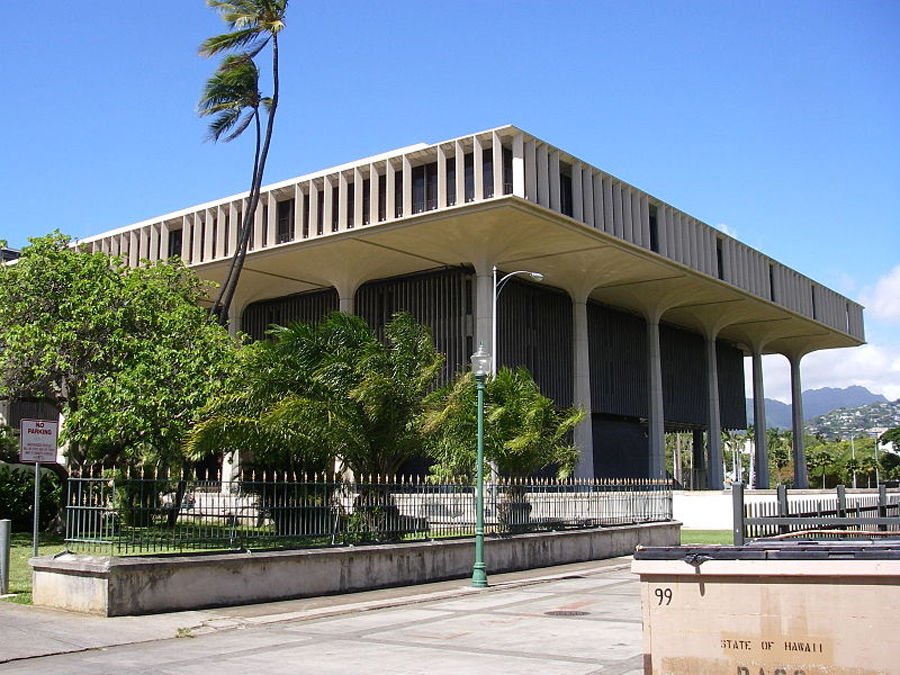Kauai legislators said the Supreme Court’s ruling on Thursday that upheld an overhaul of nationwide health care subsidies will not impact existing health insurance holders under the Affordable Care Act in the state. Rep. Dee Morikawa said Hawaii’s state-based health
Kauai legislators said the Supreme Court’s ruling on Thursday that upheld an overhaul of nationwide health care subsidies will not impact existing health insurance holders under the Affordable Care Act in the state.
Rep. Dee Morikawa said Hawaii’s state-based health insurance marketplace, the Hawaii Health Connector, was created by state law and is protected even if the court ruled in favor of the overhaul.
“It shouldn’t have any impact because we still have the same coverages we have now in place,” she said. “It’s still good to know that there still (will) be coverage for people who already applied or have the Health Connector coverage. It’s not going to impact anybody.”
Hawaii is one of 16 states with the District of Columbia to establish a state-based marketplace.
The connector is transitioning to be under partial federal control; however, the transition will not affect the over 38,000 existing Hawaii residents insured through the state-based marketplace. Although, residents will have to re-enroll through healthcare.gov.
“Eventually we’re going to go into the federal exchange,” she said. “At least we can assure that these people (who) are uninsured or underinsured will still have coverage and other people will still get their subsidies.”
Rep. Derek Kawakami said in an email that the “ruling proclaims that health care in America is not a privilege for those who can afford it, but a right for all.”
“For Hawaii residents who are uninsured and cannot afford to buy health insurance, the Supreme Court ruling allows the federal government to provide them with subsidies to make it more affordable,” he said.
Morikawa, however said, Hawaii’s problem is the number of people already enrolled in prepaid coverage.
“In Hawaii we have an issue because of our Prepaid Health Care Act,” she said. “We have so many people already enrolled in a coverage, so they didn’t get enough from people to enroll into the Hawaii Health Connector. That was a bust.”
The connector was created to protect Hawaii’s Prepaid Health Care Act, which requires employers to subsidize health insurance for most of the state’s working population.
However, in its first year about 10,000 people enrolled through the connector, instead of the 100,000 to 200,00 officials predicted.
“I think the Legislature is gonna have to come back next year and figure out what to do with the prepaid health care,” she said. “We have better coverage under that then we all would if we were forced to go onto the federal exchange.”
Dee said most uninsured and underinsured residents on Kauai are taken care through Medicaid and a small number of residents are insured through the connector.
“It’s not a big number because most uninsured or underinsured (on Kauai) are taken care through medicaid anyway, so we just have a few people out there who have small jobs, but don’t want to pay for medical insurance,” she said. “Those are the ones we need to figure out how to get coverage on.”
Data from a 2010 Department of Health survey said about 61,000, or 4.8 percent of Hawaii’s population, was uninsured, while just under 3,500 Kauai residents, or 5.3 of the island’s population, lacked health coverage.
Sen. Ron Kouchi and Rep. James Tokioka did not respond to requests for comment.


